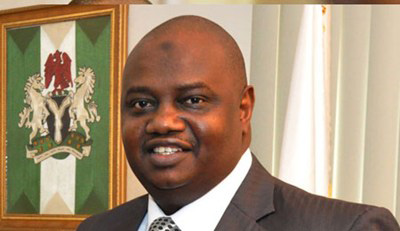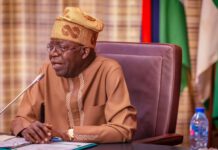 The Economic and Financial Crimes Commission (EFCC) has described state governments as the most corrupt tier in Nigeria.
The Economic and Financial Crimes Commission (EFCC) has described state governments as the most corrupt tier in Nigeria.
EFCC Chairman, Ibrahim Lamorde, stated this in Abuja yesterday at a workshop organized by the commission in collaboration with House of Representatives Committee on State and Local Government Training, on anti-corruption, fiscal responsibility and good governance for state officials.
According to Lamorde, corruption in states could be seen in the areas of inflation of prices, over-estimation of costs of projects, ghost workers’ syndrome, award of contracts and subsequent abandonment and outright payment of huge sums of money to political godfathers.
“Investigations by EFCC show that there is corruption at alarming proportion at the state government level in the country. Poor service delivery, inadequate infrastructural amenities, poor management of public enterprise, bad governance, moral decadence and general underdevelopment are among the impact of corruption on attempt at development among state governments in the country.
“The problem of corruption and lack of fiscal transparency perhaps, remains one of the hydra-headed factors that account for the inefficiency and retarded growth of state governments in Nigeria. I am happy that heads of service, permanent secretaries, chairmen of state agencies and parastatals including directors are in attendance at this training”, he said.
The anti-corruption boss, who was represented by EFCC Secretary, Emmanuel Aremo, said the commission had proof to support its claim that economic crimes such as embezzlement and misappropriation of funds abound at the state level.
The deputy chairman, House Committee on State and Local Government Affairs, Ibrahim Lawal Nuhu, said the training was long overdue, adding that it would help build and rebuild the attitude of government officials.
Zamfara State Head of Service, Alhaji Bello Umar, said the training should also be organized for politicians and that efforts towards fighting corruption should be extended to the grassroots so that people can understand their right to ask questions about government.




